Development Skills and Concepts through Educational Technology Skills are involved in construing the meaning of symbols used for conveying the conceptual content. These skills fall under broad categories namely literacy, numeracy and graphicacy. Literacy includes understanding terminology and explanations using words. Numeracy includes understanding mathematical notations for communication using numbers. Teacher knowledge of appropriate performance strategies for a learning activity is also required for guiding different work. For example, the teacher needs to know why and when to ask students to reconsider their choice of the numerical scale while plotting a graph. To gradually develop this skill, graphs involving one nominal variable, e.g., months of the year, have been found as good starting points for facilitating students to focus on numerical issues along a single dimension. Technology in education is most simply and comfortably defined as an array of tools that might prove helpful in advancing student learning and may be measured in how and why individuals behave. Educational Technology relies on a broad definition of the word “technology.” Technology can refer to material objects of use to humanity, such as machines or hardware, but it can also encompass broader themes, including systems, methods of organization, and techniques. Hope this book will be useful to students as a reference book and will be a priced collection for their own library. Contents: • Distance Education and Curriculum Technology • Attitude of Experimentation • Information Technology and Agriculture • Use the Internet to Teach Information Literacy • Manage Classroom Using Technology • Confidence-Based Learning, Sleep-Learning, Over-Learning, Observational Learning, Cooperative Learning and Operant Conditioning • Government Investment in Educational Technology, Methodology, Research and Development • Higher Education in Science and Engineering: An American Perspective on Educational Technology • Use of Distance Education in Non-formal Education: An Indian Perspective on Research in Distance Education
Hope this book will be useful to students as a reference book and will be a priced collection for their own library.
